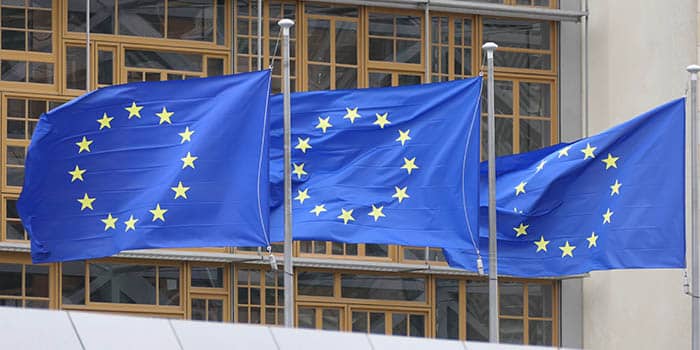Fact-checked by Angel Hristov
EU Launches Legal Action Against Malta over Controversial Gambling Shield Law
The legislation restricts imposing judgments against Malta-licensed gambling companies, potentially limiting customers’ rights to seek recourse in court

Brussels has initiated infringement proceedings against Malta over Article 56A of its Gaming Act, a contentious provision formerly known as Bill 55. The legislation severely restricts the enforcement of specific foreign court judgments against licensed gambling operators in Malta. Legal representatives argue that the provision undermines the European rule of law by infringing upon the fundamental rights of EU citizens and residents.
Brussels Contends Article 56A Undermines European Legal Principles
The ongoing dispute centers around Malta’s contention that only its courts can enforce judgments against licensees under the Malta Gaming Authority (MGA). In practice, Article 56A has served as a legal bulwark, blocking judgments from foreign courts that oppose the nation’s regulatory stance. It is especially relevant in cases where individuals seek to reclaim gambling losses from Malta-based operators.
Malta’s gaming model is a “point-of-supply” one, whereby companies may conduct business across EU borders if they are compliant with Maltese law. The nation insists this approach is in line with the principles of EU single-market freedoms. However, the European Commission has a different perspective on the matter, hence the current legal tensions.
The EC’s Letter of Formal Notice questions whether Article 56A undermines the Brussels I (recast) Regulation, which applies to civil and commercial cross-border disputes within the EU. Legal experts involved in the case argue that the law violates the rights of EU citizens and undermines uniformity of law among member states.
Malta Remains Adamant in Its Position
In response, the MGA clarified that Article 56A does not grant blanket immunity. Instead, it argues, the provision only codifies established legal principles. Most notably, this applies to the “ordre public” exception, which allows national courts not to enforce foreign judgments when they contradict essential public policies.
Malta has consistently held that any unjustified restrictions run directly counter to the case law of the CJEU and create a clear barrier to market access and trade within other Member States.
MGA statement
The Maltese government also issued a standalone statement in line with the MGA position, defending the law as an integral component in the nation’s long-standing stance on online gambling. It remained adamant that the legislation does not establish new grounds for overriding court orders but instead aligns with the spirit of EU law.
The Government reiterates that Article 56A does not establish new or separate grounds for refusing recognition or enforcement of judgments. Rather, it codifies into law Malta’s long-standing public policy on online gaming matters.
Maltese government statement
While Malta remains committed to continuing positive dialogue with the European Commission, the outcome of this dispute could significantly impact Malta’s gambling sector, which attracts operators with the promise of a safe regulatory haven. The next step will be a formal reply by the Maltese government within the next two months, with the case potentially escalating to the European Court of Justice.
Deyan is an experienced writer, analyst, and seeker of forbidden lore. He has approximate knowledge about many things, which he is always willing to apply when researching and preparing his articles. With a degree in Copy-editing and Proofreading, Deyan is able to ensure that his work writing for Gambling News is always up to scratch.

















